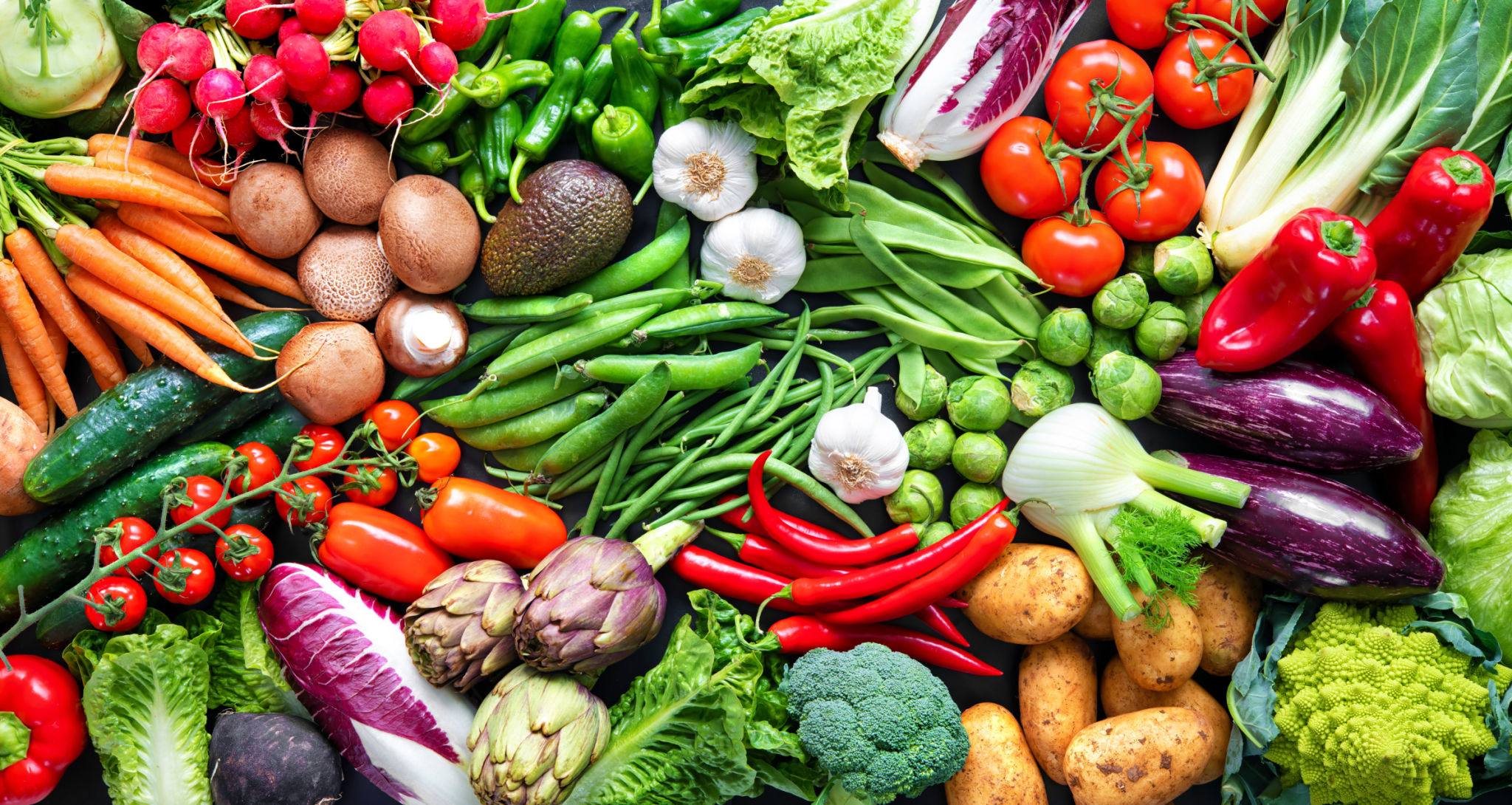The Benefits of Having an Edible Home Garden: Why Every Homeowner Should Consider One
The Joy of Growing Your Own Food
Imagine stepping outside your door and picking fresh tomatoes, lettuce, and herbs for your evening salad. This isn't just a dream for those with large plots of land. An edible home garden can be a reality for anyone with a bit of space and a passion for fresh produce. Home gardening is not only enjoyable but also offers numerous benefits that every homeowner should consider.
Having an edible garden allows you to enjoy the freshest ingredients right at your fingertips. You gain control over what goes into your food, ensuring it's free from harmful pesticides and chemicals. Furthermore, gardening can significantly reduce your grocery bills, making it a financially wise decision.

Environmental Benefits
One of the significant advantages of maintaining an edible garden is its positive impact on the environment. By growing your own food, you are reducing your carbon footprint. The transportation of produce from farms to grocery stores involves significant fuel consumption and greenhouse gas emissions. By producing food at home, you minimize these environmental impacts.
Moreover, gardening enhances biodiversity in urban settings. By planting a variety of fruits and vegetables, you attract diverse insects and birds to your garden, promoting a healthy ecosystem. This small step can contribute to larger conservation efforts in your community.
Health and Wellness
Gardening is an excellent form of exercise that promotes physical well-being. It involves various activities such as digging, planting, watering, and weeding, which can help improve flexibility, strength, and endurance. Spending time outdoors in the garden also boosts mental health by reducing stress and anxiety levels.

Additionally, having an edible garden encourages healthier eating habits. When you grow your own produce, you are more likely to consume fruits and vegetables regularly, contributing to a balanced diet. The freshness and flavor of homegrown food are unmatched by store-bought produce.
Educational Opportunities
An edible home garden offers a fantastic opportunity for learning, particularly for children. It provides a hands-on experience to understand the life cycle of plants, the importance of soil health, and the role of pollinators. Gardening also teaches responsibility and patience as young ones learn to care for their plants over time.
For adults, gardening can be a gateway to learning more about sustainability practices and organic gardening techniques. It fosters a deeper appreciation for the complexities of nature and our food systems.

Community Engagement
Gardening can also have social benefits by fostering community engagement. Many neighborhoods have community gardens where residents can share tips, seeds, and harvests. These shared spaces become centers for social interaction, cooperation, and community building.
Moreover, sharing your homegrown produce with friends and family can strengthen bonds and encourage others to start their own gardens. It creates a ripple effect of sustainability practices within your community.
The Accessibility of Home Gardens
Starting an edible home garden is more accessible than many might think. Whether you have a large backyard or just a small balcony, there are gardening solutions for every space. Container gardening, vertical gardens, and raised beds are excellent options for those with limited space.

With some research and planning, anyone can start an edible garden tailored to their space and preferences. The key is to start small, choose easy-to-grow plants, and gradually expand as you gain confidence and experience.
In conclusion, having an edible home garden offers numerous benefits that extend beyond just having fresh produce. From environmental and health advantages to educational opportunities and community engagement, the rewards are plentiful. It's time for every homeowner to consider cultivating their own slice of green paradise.